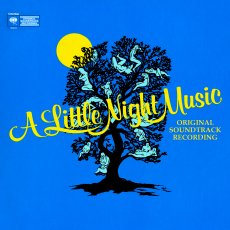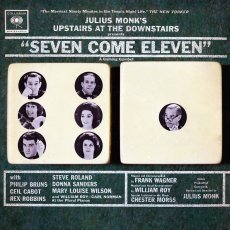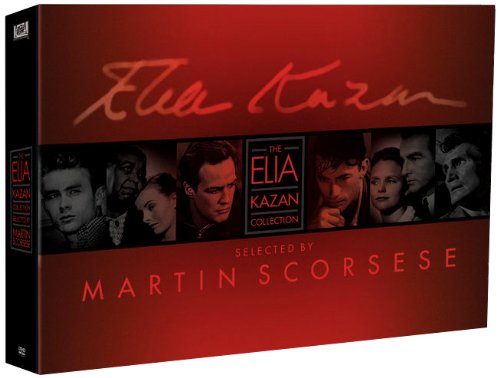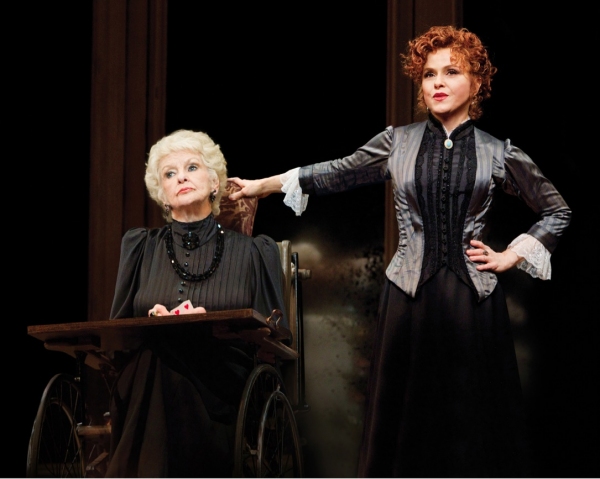Dear Ms. Thompson,
This past week, I had the unmitigated pleasure of witnessing you make your New York stage debut in the exciting New York Philharmonic concert of Sweeney Todd. I have long been an admirer of your work, ever since I first saw the 1993 film adaptation of Much Ado About Nothing in high school. Not long afterward, I fell head-over-heels for your Oscar-winning Margaret Schlegel in Howards End, which I stumbled upon on Bravo one weekend, back when that station had a more artistic bent.
In the years since, I have come to admire your work as an actress, writer, humanitarian and activist. Your appearances at awards ceremonies and on talk shows show us a smart, genuine Brit with unfailing wit. You seem like you’d make a great friend as well as the best kind of drinking buddy, but that’s another matter entirely. As someone with a vested interest in musical theatre, I also became aware of your presence in the smash-hit West End revival of Me and My Girl opposite Robert Lindsay, which I acquired immediately and have enjoyed many, many times. (I have also watched a charming video of you singing and tap dancing on a giant LP).
I had seen the acclaimed London revival of Sweeney Todd only two years ago, so I wasn’t entirely bowled over by the NY Philharmonic’s initial announcement. However, when it was later announced that you were going to play Mrs. Lovett, the concert immediately jumped to the top of my must-see list, so much so that I made the early decision to see it twice.
One thing that was certain from the two performances I attended was the great love and affection pouring across the footlights in both directions. For someone who hasn’t appeared in a musical in 27 years, you seemed quite at home and at ease in the role. Mrs. Lovett is nothing if not daunting, with unforgiving musical and dramatic demands, and it was delightful to hear how you used your voice to your best advantage through some of the score’s most difficult passages. I laughed in the most unexpected places, the result of your manic energy, wit, and side-splitting physical comedy. However, you were also very careful to make Mrs. Lovett a real individual, someone who has starved, suffered and been down on her luck. I was mesmerized by you from start to finish.
While I enjoyed myself immensely, I had some quibbles with the production. If I were casting, I would have had Mr. Terfel and Mr. Quast switch roles, and would have cast Mr. Johnson as Tobias. I also missed the organ prelude and certain elements of the book and score (I never realized how much I missed the line “How many bells are there?” until it was gone!) However, it was a thrill to hear Jonathan Tunick’s arrangements so expertly played by the Philharmonic, I could hardly contain my excitement. I was so pleased at what you were able to accomplish with such limited rehearsal time that a few minor problems ultimately don’t matter. For a NY debut, I don’t think it could get more memorable than this.
I do hope that the rapturous reception of your appearance with the Philharmonic will entice you to return to the New York stage, and sooner rather than later. Play, musical, Broadway, off-Broadway; whatever you chose, it would certainly be a welcome experience. Personally, I would love to see you tackle the role of Desiree Armfeldt in A Little Night Music. I think you have the right comic sensibility, depth and voice to play her. You and Mr. Sondheim suit each other quite well.
Please come back to us soon. In the meanwhile, I look forward to revisiting your performance on the Live from Lincoln Center broadcast.
Warmest regards,
~Kevin D. Daly
Theatre Aficionado (at Large)








